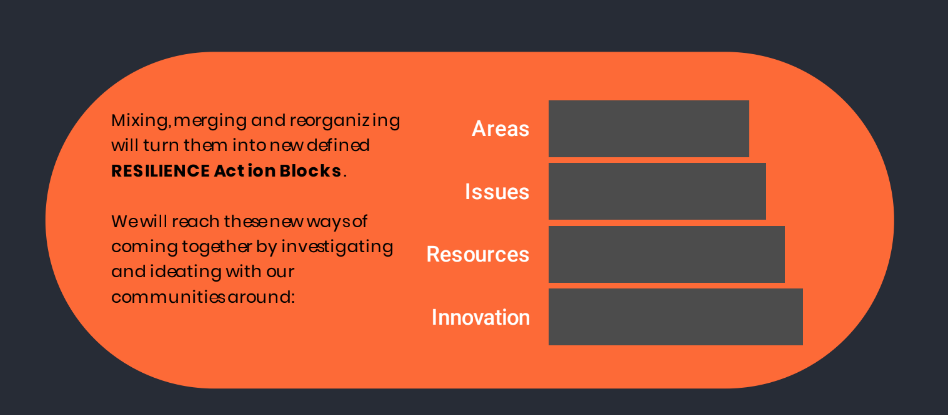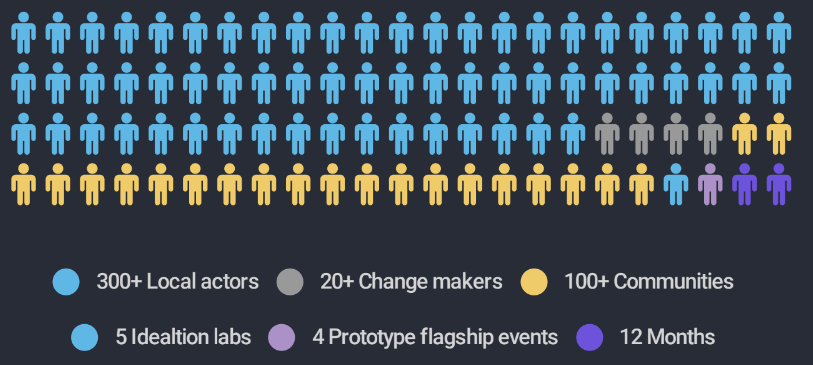Are you an active citizen or a group that contributes to the resilience of your community and want to be part of our mapping? Are you a company that wants to stay close and invest in the resilience process of your community?
Give us an e-mail at: [email protected]

